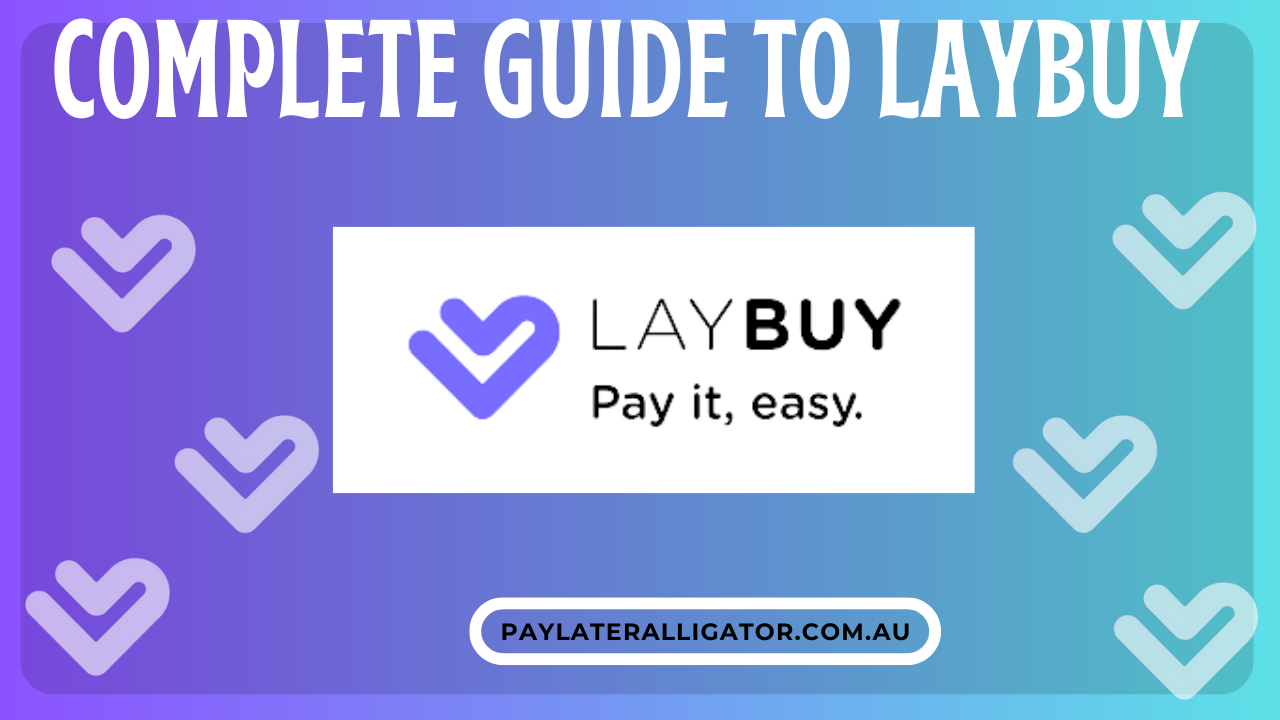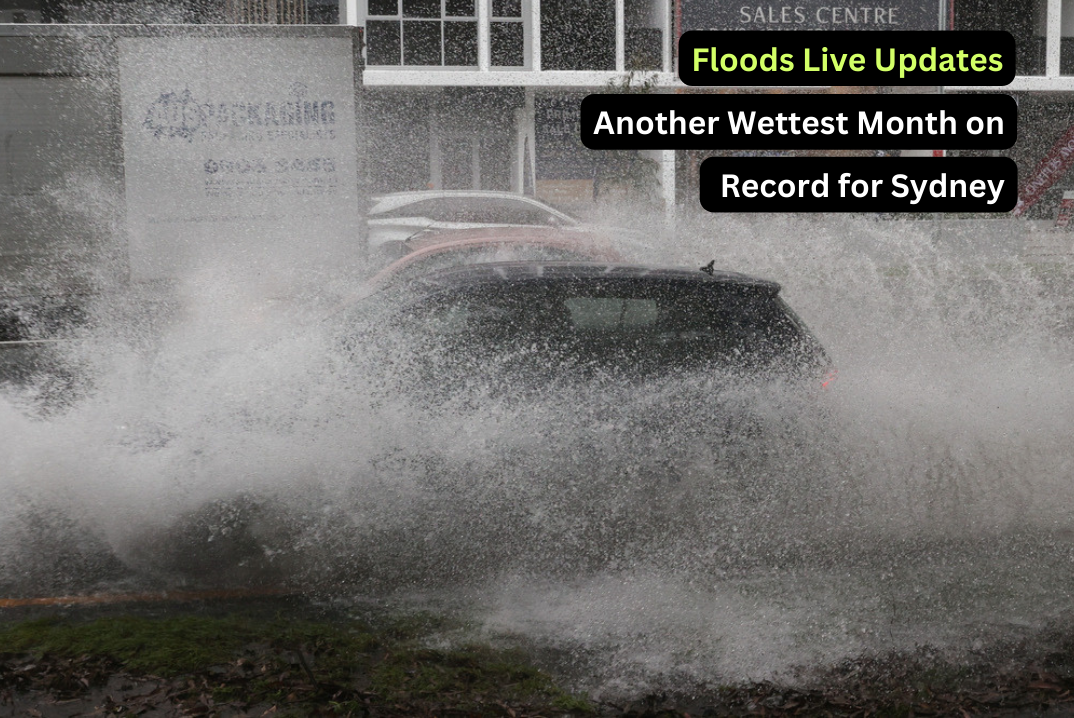
Australians Lost More Than 4 Billion Dollars to Scammers in 2022 – Scams Awareness Week
According to the resources, Australians lost $424.8 million to scammers during January and September this year which is more than $45 million per month. It signifies a 90% increase in losses compared to last year.
Highest Loss Categories
– Investment scams
292.9M
– Dating and romance scams
29M
– Remote access scams
18.7M
Most Reported Scams
– Phishing
50,015
– False-billing
16,263
– Online shopping scams
13068
Most Common Contact Modes
– Phone
51,234
– SMS
50,947
– Email
33,287
Australians are being prompted to learn how to spot a fiddle this public Scams Awareness Week( 7- 11 November) after concerted losses of over$ 2 billion reported last time to Scamwatch, the government and the fiscal sector. This time combined losses might reach$ 4 billion as losses reported to Scamwatch are formerly significantly advanced than 2021.
The ACCC’s Scamwatch entered further than,000 reports between January and September this time, showing a 90 per cent increase in losses to $424.8 million over the same period last time. These figures extensively understate real losses as only about 13 percent of victims report to Scamwatch.
This time’s scams mindfulness Week, hosted by the ACCC and the scams Awareness Network, aims to empower people to be alert to the threat of being scammed and purposely look for red flags. Over 350 private sector, not for profit and government organisations are partnering with Scamwatch for the week.
Three Tips for Avoiding Scams
Stop
Take your time before giving plutocrats or particular information to anyone.
Scammers will offer to help you or ask you to corroborate who you are. They will pretend to be from organisations you know and trust like a business you deal with, police, government or fraud service.
Think
Ask yourself could the communication or call be fake?
norway click a link in a communication and ask a trusted friend or family member what they would do. Only contact businesses or government using contact information from their sanctioned website or through their secureapps.However, hang up or cancel, If you ’re not sure say no.
Cover
Act snappily if a commodity feels wrong.
Communicate your bank incontinently if you lose plutocrat or particular information or if you notice some unusual exertion on your cards or accounts. Seek help from organisations like IDCARE and report online crime to ReportCyber. Help others by reporting scams to Scamwatch.
How to Protect Yourself
Make your accounts as safe as your home. Set up a redundant way on your accounts to stop people getting in.
Add further ways to show who you’re when you log into your online services and apps. This is called Multi Factor Authentication.
This could be a law transferred to your phone, a commemorative or secret question. Your face or point or voice can also be the key to let you into your accounts.
Ask your banks and service providers how to add further checks so no one can pretend to be you. And don’t forget to tell them if you have been in a data breach.
Quick Links for Your Help by abc.net.au
- What are some of the common scams going around at the moment? Scams and identity theft were big problems in Australia long before the Optus data breach put many of us on alert.
- How do I check if I’ve been hacked? Here’s a cyber security expert’s tips on how to protect yourself.
- Are you smarter than a scammer? Take our quiz and put yourself to the test.













